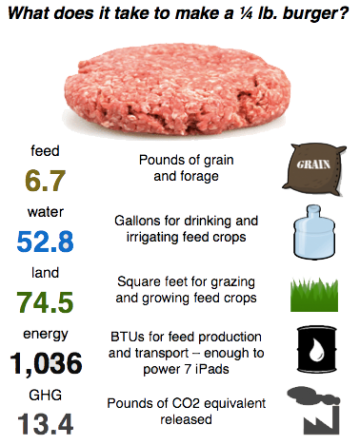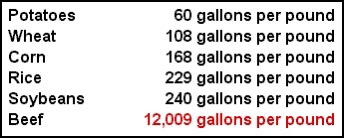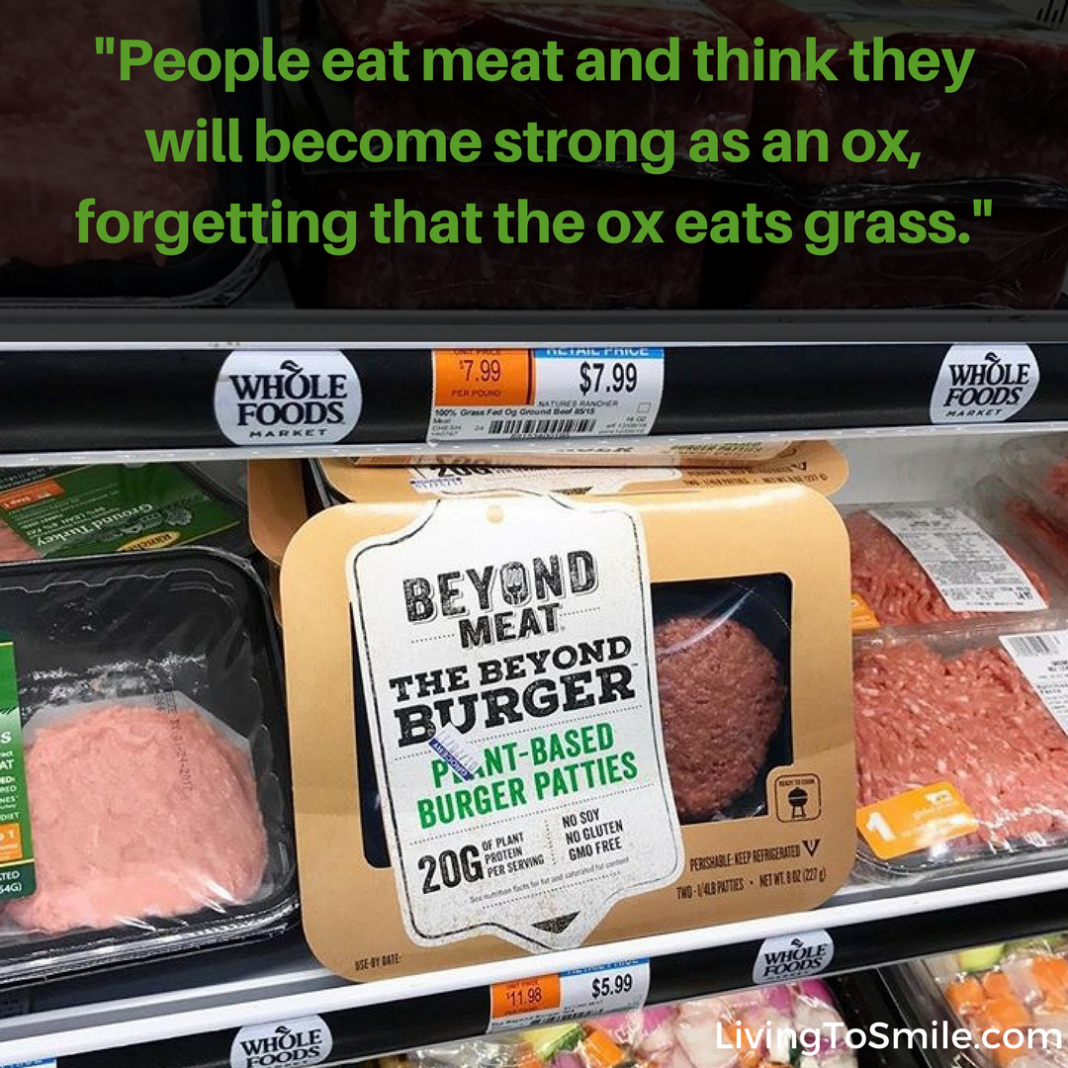Over the past couple of decades the food industry has been revolutionized by plant-based food options. From plant/nut-based milks to vegan burgers that “bleed”, ethically sourced options for the health conscious consumers abound. It’s just not vegetarians buying meatless and dairy-free foods, the range of consumers seeking plant-based options bridge every demographic.
There are shoppers who are health conscious, avoiding carcinogens found in the dairy and meat food supply chains, the ethical consumer who is focused on animal welfare, and environmentalists seizing upon the fact that meat and dairy production is environmentally destructive and a tremendous waste of limited resources.
Health Conscious Consumers
As information becomes more readily available through mass media and the internet, and the medical community become more aware of root causes of major illnesses, a dietary wake-up call is being heard around the world. Medical studies are increasingly associating the consumption of meat and dairy with every top 15 cause of death, with the exception of accidents. The same research is showing vast health benefits of plant-based diets.
Access to healthy foods, recipes, and a growing global community of healthy eaters is sparking a food revolution- the food industry is listening. From start-ups to companies traditionally at the heart of animal agriculture, innovators have their ear to the market. Plant-based versions of foods traditionally made with animals products are the fastest growing market segment in the food industry.
Ethical Consumerism
The question people are increasingly asking is, “Why would anyone choose cruelty over compassion?” There are so many meat and dairy-free options as sources of calcium and protein and delicious goodness, why make animals suffer? Not to mention that every animal produced double dips on our resources.
Exasperated carnivores will tell you that people have always eaten animals. Is that statement really an argument at all? Isaac Bashevis Singer said, “People often say that humans have always eaten animals, as if this is a justification for continuing the practice. According to this logic, we should not try to prevent people from murdering other people, since this has also been done since the earliest of times.”
Environment Impact
Regardless of dietary preferences, there is not a lot of room for debate when it comes to the environmental impact of meat. Meat production is one of the leading sources of both air and water pollution. The resources it takes to get a quarter pound of hamburger, as shown below, is demonstrative of why meat will eventually be completely phased out, or will be consumed at a fraction of what is eaten today.

 The resource dilemma is so confounding that people will someday look back and ponder what the rationale was for using so many resources to produce a food that was unhealthy and a strain on the planet. The question that should be asked is, “Why use resources to raise an animal when we can simply eat those plants in the first place?” The “complete protein” myth is dead, and it just comes down to instant gratification. (And sticking to a status quo that is killing us, causing suffering, and destroying the planet.) As Virgnia Messina, R.D., has written, “Myths about amino acid shortages and food combining were put to rest decades ago by experts and researchers in protein nutrition.” Protein is not an excuse, the world has abundant sources of plant-based proteins.
The resource dilemma is so confounding that people will someday look back and ponder what the rationale was for using so many resources to produce a food that was unhealthy and a strain on the planet. The question that should be asked is, “Why use resources to raise an animal when we can simply eat those plants in the first place?” The “complete protein” myth is dead, and it just comes down to instant gratification. (And sticking to a status quo that is killing us, causing suffering, and destroying the planet.) As Virgnia Messina, R.D., has written, “Myths about amino acid shortages and food combining were put to rest decades ago by experts and researchers in protein nutrition.” Protein is not an excuse, the world has abundant sources of plant-based proteins.
Plant-Based Protein
I’ve heard proponents of meat argue that the poor can’t afford to go vegan. The opposite is true. A meatless diet can not only be realized at a lower cost than a grocery list with animal products, but the cost savings is compounded by the economics of better health. While food deserts can make it difficult to find some helpful products such as tofu, seitan, or other meatless protein options, there are now online sources such as Thrive Market that are providing low-cost virtual shopping options for the health-minded consumer.
One of my favorite recipes this winter has been sausage with pasta and a traditional white sauce. It’s entirely vegan. The spinach pesto sausage is made by Tofurkey, the sauce a traditional Italian recipe using real extra virgin olive oil and garlic, add some sauteed mushrooms and spinach, and its topped with a grated nut-based Parmesan. Molto bene!
As you can see from that recipe, you don’t lose anything when you cut out the meat. Well wait a minute, you do lose the health risks associated with meat, you know, minor things like cancer and heart disease, so there is that. The bottom line is that food options, and our understanding of the environmental and moral impact of our diets, are maturing. You don’t need meat to live a healthy life. On the contrary, a plant-based diet points towards better health, lower weight, a healthier environment



